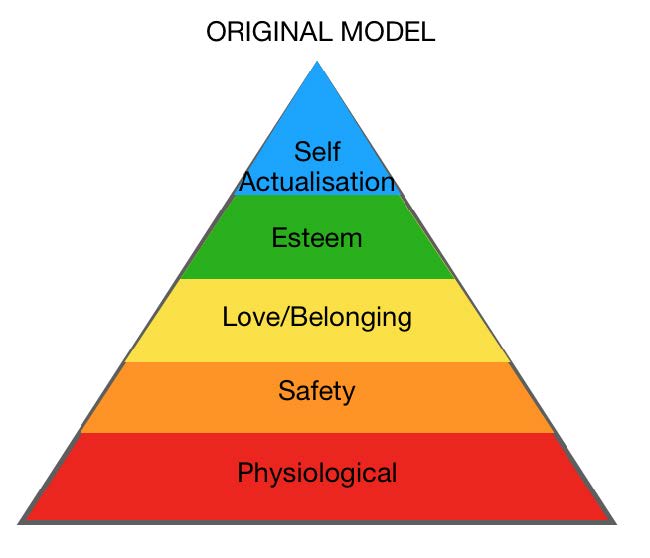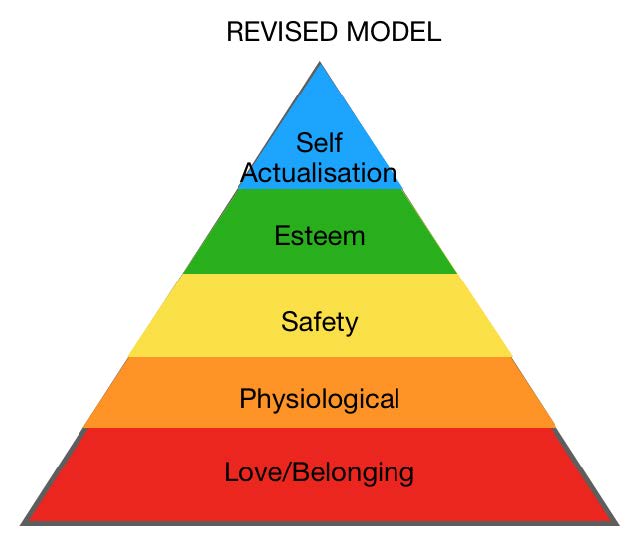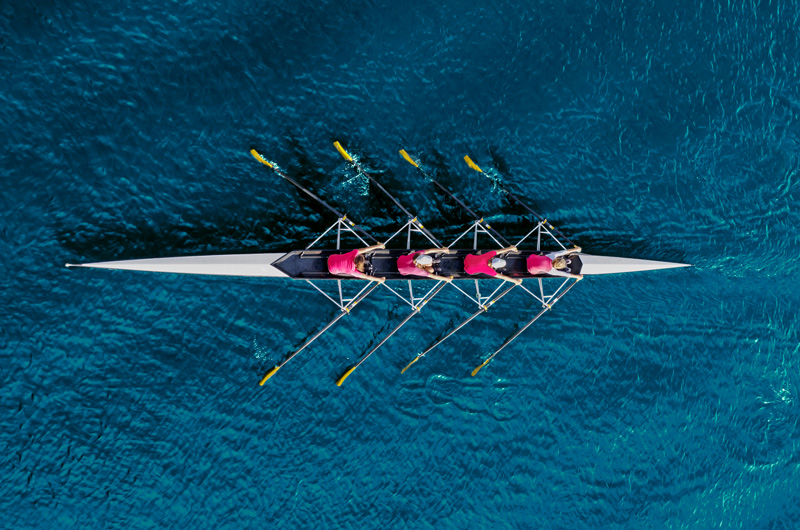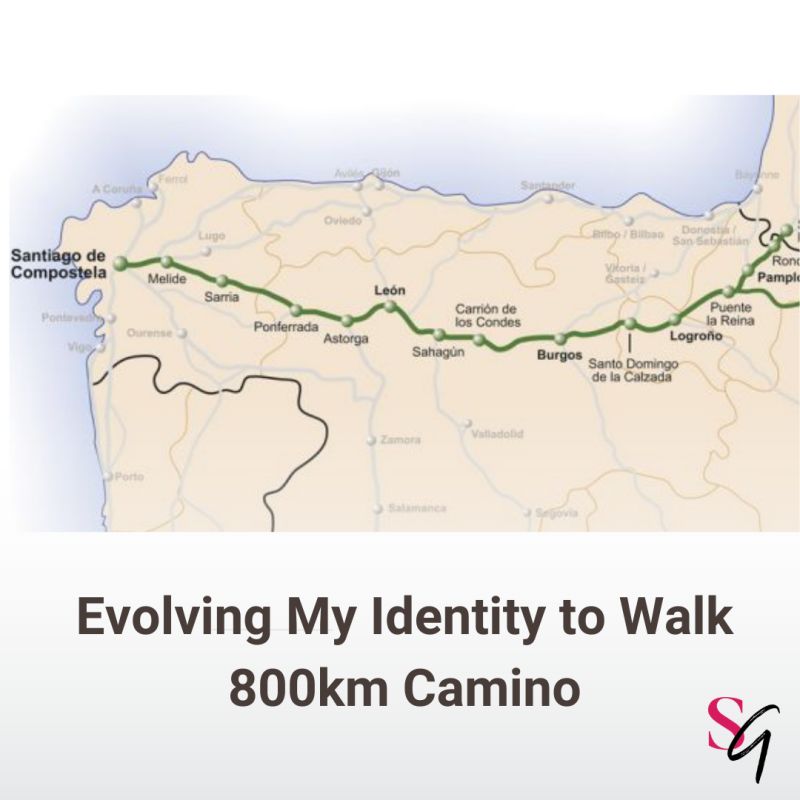People who need people are the luckiest people in the world.
You’re probably too young to know the lyrics above, from the 1960’s classic movie Funny Girl. But if this is true, then we are all very lucky – because, despite Maslow’s assertions, we all need people.
It’s a little-known fact that Maslow never drew his hierarchy as a triangle or pyramid, but that’s the way we recognise it today. As you know, however you represent it, the basic needs are at the bottom of the hierarchy – food, drink, safety, sex, and the third level is belonging.

I’ve got an ambivalent relationship with Maslow’s hierarchy. It seems true when you first examine it but then, like Jenga, as you find exceptions, and remove pieces, the structure becomes unstable. For example, can you really have no status or self actualisation if you’re not getting laid? And there’s the argument about self-actualising artists choosing to starve in freezing garrets for the sake of their art (though I wonder about their mental health and drug consumption).

But there is a real fundamental flaw which should change our thinking and re-order the way we draw the pyramid, if we choose to at all. In 2003, Patrick Gambrel and Rebecca Cianci proposed that in a collectivist society, belonging is actually the first need. You’ll be more successful at getting food, drink, safety, and even sex if you belong.
And there’s mental health to consider too, a real threat to survival, alleviated by belonging.
“No individual can survive for long on their own. You need others to help secure those principal physiological and safety needs.”
More people make the boat go faster – except when they don’t
People working together can achieve far more than people working alone – or at least they should be able to. Take the example of a boat of rowers. A boat of 8 should go faster than a boat of 1, irrespective of the weight of the rowers. ‘That may be true for rowers,’ I hear you protest, ‘but it’s not true for me. I’m faster and better on my own!’

Even if all the rowers are amazing individually, it doesn’t mean they’ll be able to row faster if they don’t work together and combine their individual skills. Being a high-functioning team is learnt, not innate – these behaviours can be taught. It’s more important how people work together than the individual skills they have. After all what’s the point of having a team of rowers if you don’t go make the boat go faster.
For further inspiration on making boats go faster and teams perform better, read Will it Make the Boat Go Faster by Ben-Hunt Davis and Helen Beveridge






